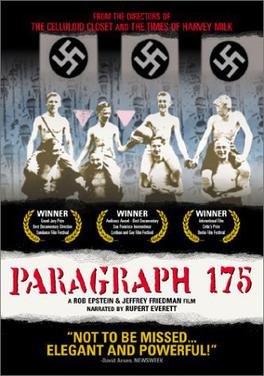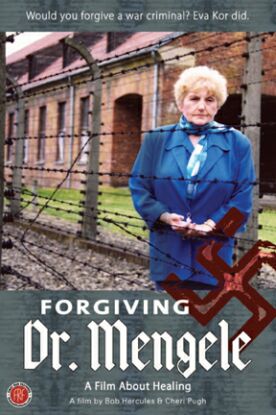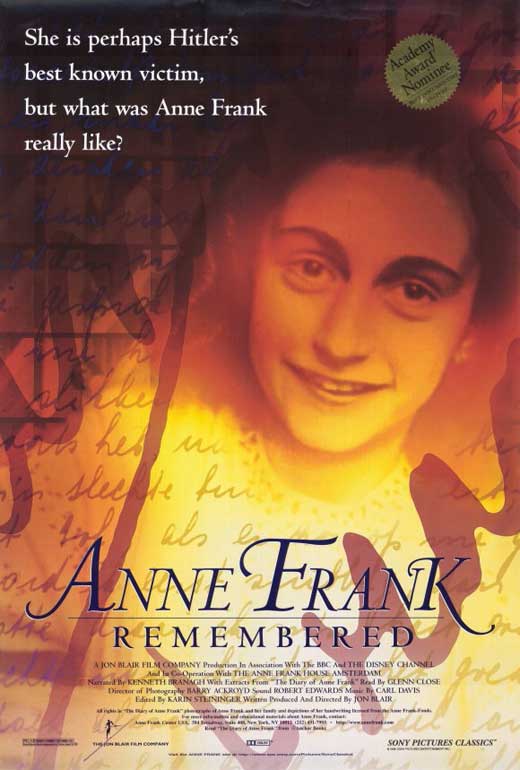By definition, the Holocaust or Shoah refers to the mass murder of around six million Jews during the reign of Adolf Hitler and the Nazi Party. During this period in history, around a third of the nine million Jews residing in Europe were killed, including children. There were more than 40,000 facilities that were set up in Germany and other territories to facilitate the killing of Jews, which took place during the World War II. The systematic mass murder was sponsored by Nazi Germany and did not spare people with disabilities, Soviet prisoners of war, homosexuals and Polish and Soviet civilians. Over and above the six million Jews that were killed during the Holocaust, there were about ten to eleven million more prisoners that were intentionally killed by the regime. All the persecutions were carried out in stages and were performed in concentration camps or guarded ghettos where the Nazis subjected prisoners to slave labor and waited for them to die either of disease or exhaustion. Mass shootings and murders in gas chambers were also carried out by the Nazi regime after Germany had conquered new territories in Eastern Europe. Here is a list of the top 10 Holocaust documentaries ever made in history:
10. Shoah

Photo Source: eurekavideo.co.uk
A French documentary film about the Holocaust by Claude Lanzmann, Shoah featured interviews and visits to certain sites in Poland where the Holocaust is believed to have taken place during the reign of Hitler. The interviews consisted of testimonies given by some witnesses and survivors during the Holocaust as well as German perpetrators. The entire documentary was nine hours and 23 minutes long and successfully sparked controversy and criticism in Poland. However, some historians based in the United States criticized the film because of its failure to discuss the Poles who rescued Jews during the genocide.
9. Paragraph 175

Photo Source: en.wikipedia.org
Released in 2000, Paragraph 175 narrated the lives of some gay men and a lesbian who were persecuted by the Nazis during the Holocaust and revealed some of the last untold stories of the Third Reich. The documentary film was directed by Rob Epstein and Jeffrey Friedman and revolved around the arrest of homosexuals by the Nazis for going against the sodomy provision of the German Penal Code known as Paragraph 175. It won the Teddy Award for Best Documentary Film in 2000.
8. Paper Clips

Photo Source: www.rogerebert.com
Paper Clips is an award-winning documentary film made for the Paper Clips Project which was made by middle school students from Tennessee to document what happened to the Holocaust victims in Nazi Germany. Written, directed and produced by Joe Fab of the Johnson Group, the film was released in 2004 and featured interviews with teachers and students as well as Holocaust survivors. It won the Best Documentary Feature Award at the Palm Springs International Festival in 2004.
7. Lodz Ghetto

Photo Source: docspace.ca
A full-length documentary film by Seventh Art Releasing and Sun Street Productions, Lodz Ghetto was released in 2012 and chronicled the history of the largest ghetto ever built in Poland when it was occupied by Nazis during the Holocaust. It also featured a haunting program of songs by Brave Old World, a Jewish music group. According to critics, the documentary was the first film to feature extensive interviews with Holocaust survivors as well as striking images of the actual sites where the Holocaust occurred.
6. Steal a Pencil for Me

Photo Source: www.mrqe.com
Considered one of the most unique documentary films made about the Holocaust, Steal a Pencil for Me was written and directed by renowned filmmaker Michele Ohayon and told the tale of Jack and Ina Polak, a couple who celebrated its 60th year of marriage seven years ago. The story revolved around a man and a woman who fell in love during the Nazi regime, survived the concentration camps and got married after their release.
5. The Last Days

Photo Source: mchekc.org.beta4.inpowercms.com
This award-winning documentary about the Holocaust was produced by June Beallor and directed by James Moll in 1998. It revolved around the horrors of the life of five Hungarian Jews while confined in concentration camps during the Holocaust, but emphasized the values of optimism and desire to live of the protagonists. The film featured actual survivors of the Holocaust such as Bill Basch, Rene Firestone, Tom Lantos, Irene Zisblatt and Alice Lok Cahana. It won an Academy Award for Best Documentary Feature in 1998.
4. As Seen through These Eyes
Photo Source: docublogger.typepad.com
As Seen Through These Eyes is a powerful documentary narrated by Maya Angelou, where she revealed the story of a group of men and women who stood up against Adolf Hitler during the Holocaust with only charcoal, pencil stubs and shreds of paper as their only weapons. This documentary film showed how the survivors of the Holocaust took their fate into their own hands through the human spirit, no matter how unimaginable the odds were.
3. Forgiving Dr. Mengele

Photo Source: bolstablog.wordpress.com
Directed by Bob Hercules and Cheri Pugh, Forgiving Dr. Mengele is a documentary film that tells the story of a Holocaust victim named Eva Mozes Kor, as well as her decision to forgive the perpetrators of the massive genocide who killed her entire family, including a man named Dr. Josef Mengele who experimented on her and Miriam Mozes, her twin sister. The documentary followed four years in the life of Eva and narrated her journey to Israel. It premiered in Chicago, Illinois in 2006 and was distributed by First Run Features.
2. Anne Frank Remembered

Photo Source: www.moviepostershop.com
This documentary about the Holocaust brought to life Anne Frank, the woman and writer behind The Diary of Anne Frank. Released in 1995, the film told the story of Anne Frank as narrated by Kenneth Branagh and as revealed by the extracts of her own diary.
1. Auschwitz: Inside the Nazi State

Photo Source: www.bbcshop.com
Auschwitz: Inside the Nazi State is a Holocaust documentary that focused on the conditions of the inmates confined in concentration camps during the reign of the Nazis in Poland. It demonstrated how the prisoners were treated while in the camps and how their lives ended there.
